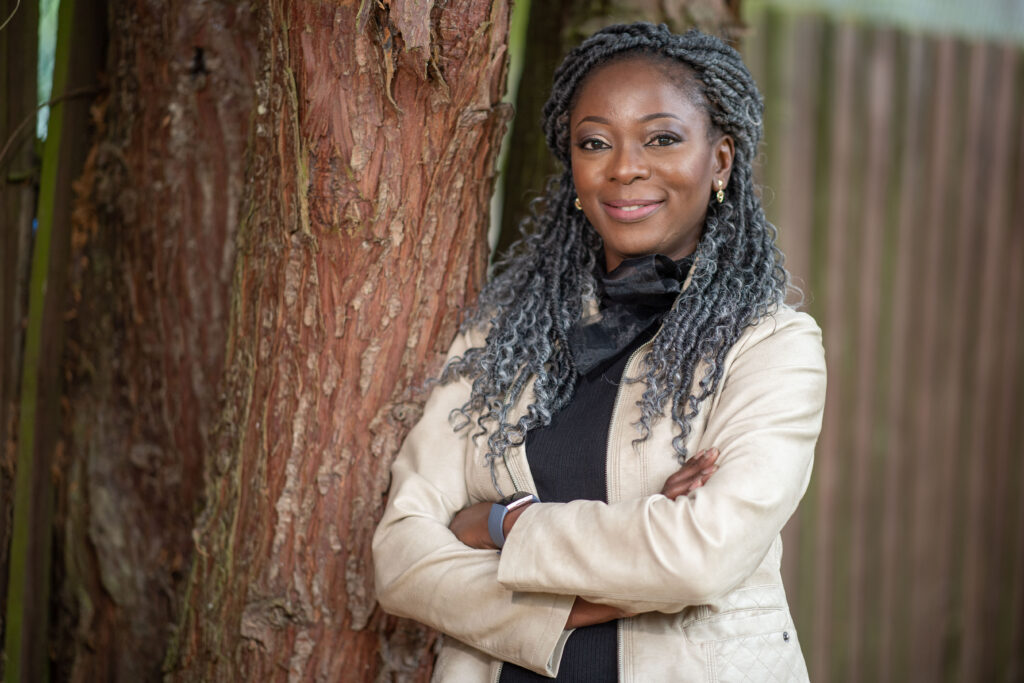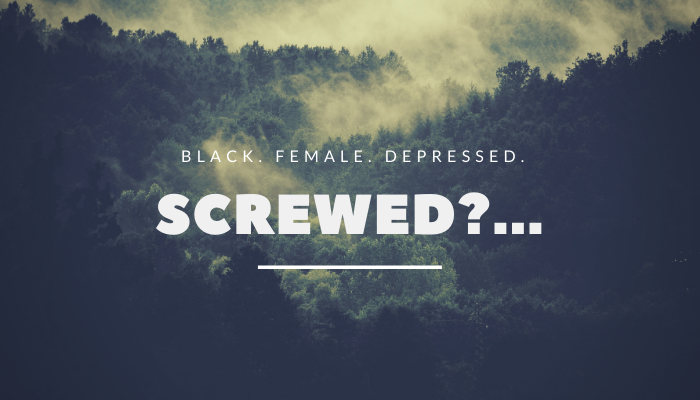
By Mavis Anagboso, founder/director TOJU consulting
I’m sure most of us will agree that 2020 was a challenging year. It was the year the world stood still as schools, offices and parks emptied as the invisible monster called the coronavirus silently moved with impunity across the world. The pandemic highlighted issues around diversity and inclusion and made it easier to talk about inclusion in both the workplace and wider society.
Recently, there has been growing concerns around the impact of the global pandemic on our mental health. Although the pandemic is first and foremost a physical health crisis, the United Nations describes it as having the “ seeds of a major mental health crisis”. To put the scale of the challenge into context, in China’s population of 1.4 billion people, more than a third of people in the country were estimated to display symptoms of depression, anxiety, insomnia or acute stress at the height of the outbreak (BMJ).
The spotlight on mental health has led me to reflect on my personal health journey and the challenge ahead for corporations in de-stigmatising mental health struggles.
Facing a new job in the Oil & Gas industry about six years ago, I was keen to impress and worked as hard as I could. I had experienced micro-aggressions in my career and so my default position was never to leave any room for doubt regarding my competency.
Over time I developed an unsustainable pattern of working which resulted in a deterioration in my mental health. Having the benefit of nearly 6 years of personal reflection, I can surmise that I put myself under pressure due to the following reasons:
- Working in an extremely competitive environment
- Personal drive to always deliver
- The intersectionality of being a black working mum
- An environment where showing vulnerability was seen as a sign of weakness
Acutely aware that I was an “only”, I felt a need (that wasn’t imposed on me) to work harder as I did not see a lot of people that looked like me in the circles I worked. I also did not have mentors that understood my lived experiences. My personality (often described as type-A or high achiever) caused me to do too much, for too long until a fuse blew.
I was already a double minority and not keen a have a third reason to be further alienated at work, so I bottled everything up and just kept running at full throttle.
It started with severe back pain. I also struggled to wake up in the mornings (after a lifetime of being an earlier riser) and often woke up in a low mood every single day. I came back from work just wanting to lie down and I knew there was something wrong when seeing my two children or my husband did not spark any joy in me. I simply lost my emotional connection to those closest to me. The turning point for me was the day I drove through a roundabout without thinking and almost collided with a massive truck. As I drove home that evening, instead of fearing for my life I wondered what it felt like to die.
I was diagnosed with work induced stress and anxiety and clinical depression. While it was a relief to know there was a name to what I was going through, the minute I got home after being signed off from work, the first thought on my mind was ‘how the hell am I going to finish the contract negotiations with the supplier next week?’
Staying home was hard. I got restless, but it was what I needed; time to heal. There was a lot of walking, watching day time telly completely zoned out, sleeping, and crying. Eventually the anti-depressants kicked in and I started to get better. I was keen to understand what triggered this illness and did quite a lot of reading. The more I read, the more I was convinced it was not an illness for the weak. In fact, I came across a book by Dr Tim Cantopher that described depression as the curse of the strong. I was shocked to learn that Winston Churchill, Ludwig Van Beethoven, Issac Newton and Vincent Van Gogh all suffered from depression at one time or the other. It was this realisation that gradually got me to start seeing depression in a whole new light.

I’m writing about this because there are so many people in a similar position today, especially with all the uncertainty around the global pandemic. Some people are unable to talk about how they truly feel, faced with homeschooling (again), a demanding job and maybe challenging relationships. The feeling of vulnerability for many is exacerbated by the labour market uncertainty in a lower global demand environment. In Scotland where I live, one in three people are said to suffer from mental illness. Fortunately for me, I have come out stronger and able to tell my story without feeling any shame. Sadly, for some people, they are not here to tell their story with suicide being the only option they can see at a particularly low point in their lives.
Personally, I think mental illness needs a bit of a rebranding, as the term conjures up for me an unknown psychological disorder that is all in the mind. The reality is far from this as it is a physical illness with symptoms that are not made up. Because so many of us do not talk about it, it is left untreated and as a result people suffer immensely, sometimes paying the ultimate price with their lives. Some symptoms of clinical depression (Cantopher, 2012) include loss of: sleep, appetite (which can go both ways), energy, enthusiasm, concentration, memory, confidence, self-esteem, sex drive, feelings and a host of other symptoms. In addition, you can also develop addictive/compulsive behaviours.
If you are displaying some of the above symptoms, it is no surprise that your performance will eventually suffer or you may end up with broken relationships which will further exacerbate your condition.
We need to get rid of the stigma associated with depression and treat it as any other illness.
You don’t criticise people when their appendix ruptures and they require surgery, or they fall down and break their arm. You don’t criticise people who have cancer, even though in most instances, it’s not visible to the naked eye. They recover at home knowing they have a job to come back to and won’t be seen as weak when they return.
Let us stop celebrating people who work 18 hour days and haven’t taken time off in 2 years. Importantly, let us show more empathy to employees at this time when they need it the most. Working from home is still work and we need to be intentional about creating balance in our lives. The next time you’re on a video call (as most of us work remotely these days), ask “how are you” and mean it. You never know, you could be the outlet someone needs at a difficult time.
You may wonder how I’m doing right now. Six years after my diagnosis, I have never felt stronger (physically and mentally) than I currently do. Depression is a complicated illness. I have good days and not so good days. I have found strength in my vulnerability and I hope this is encouragement for anyone who may be struggling with their mental health at the moment.
Although not a great experience at the time, it has taught me some valuable life lessons.
- I’m unapologetically protective of my time. I no longer feel guilty about taking time off to recharge my batteries.
- I know I don’t have to be perfect every time.
- Looking beyond yourself and helping others is like medicine for the soul.
- I’m bringing my children up to be comfortable talking about their mental health and to be emotionally literate. Growing up it was not something that was done and I suffered the consequences as an adult.
- It is ok not to be ok. Sometimes I don’t want to hang out with friends or be stuck in social gatherings that feel like walking on glass with a smile on my face. When I get those feelings, I share it with my family and all I need most times is a day to re-charge my batteries, a nice walk and some tlc from my husband and kids.
My experience is one of the reasons I’ve set up my own business, so I can help other people reach their potential. One of the worst feelings in the world is when you feel stuck, like you’re boxed in and there is no way out. If you are feeling stuck, please speak to someone. I did and I’m better for it.
If you’re currently struggling, here are a few organisations (UK readers only) you can contact for help:
Samaritans – Telephone: 116123